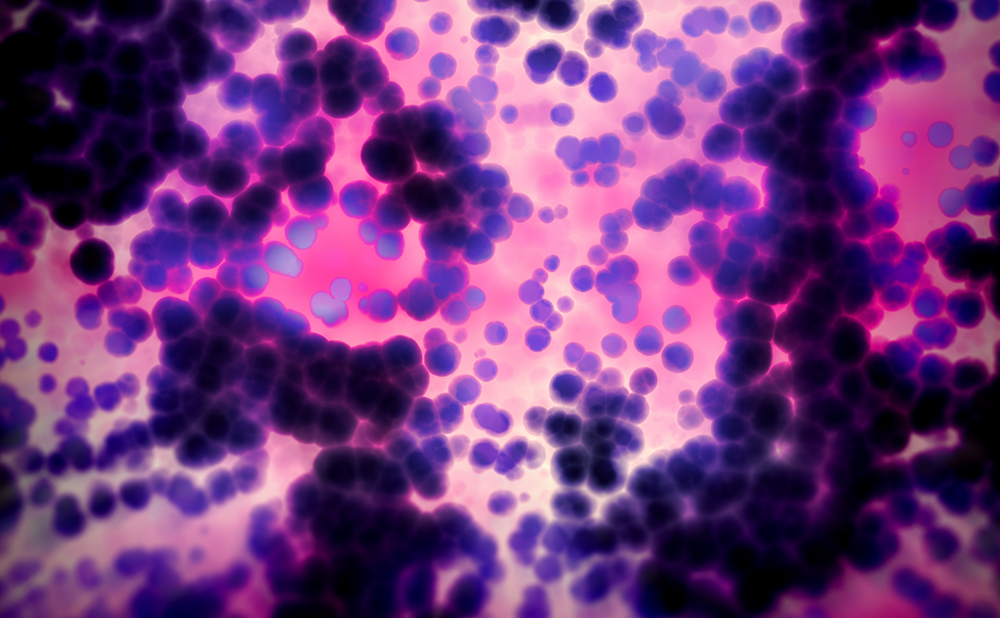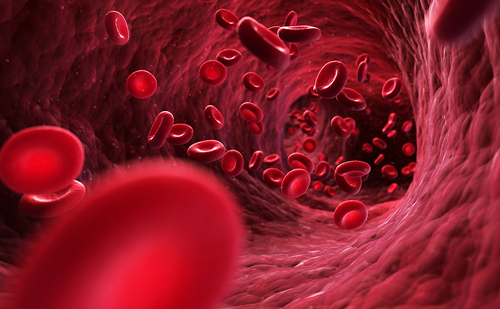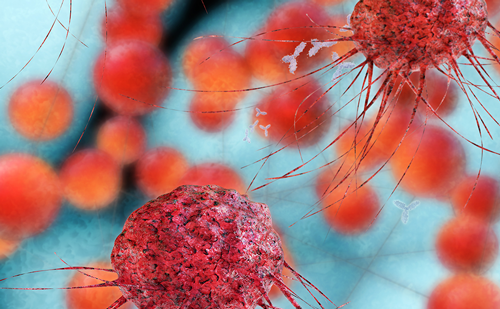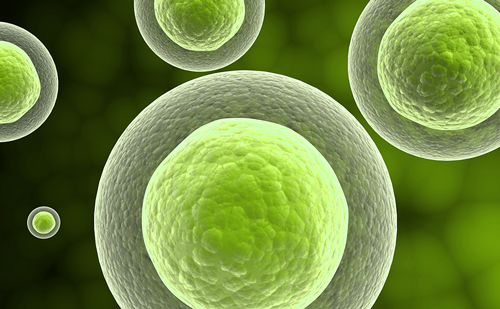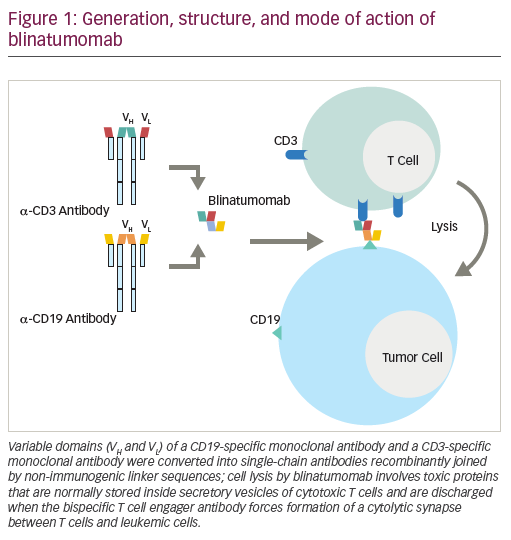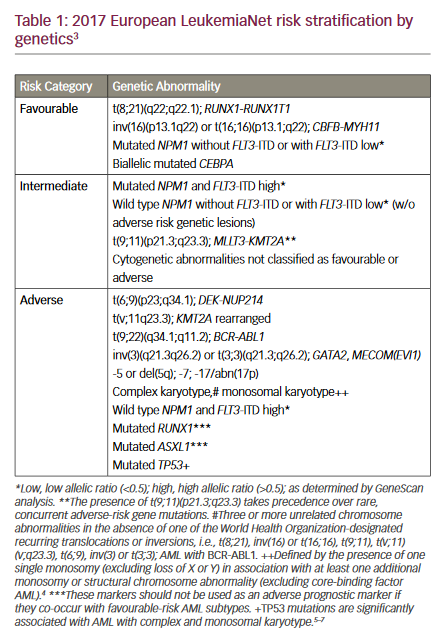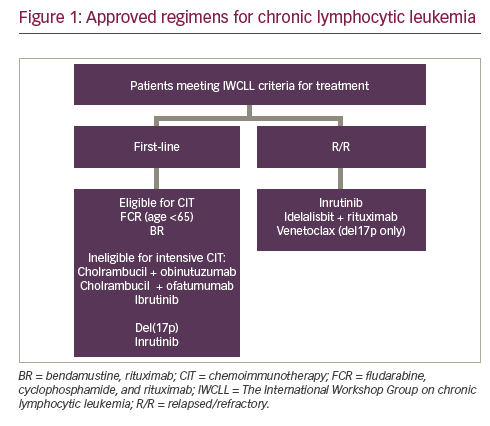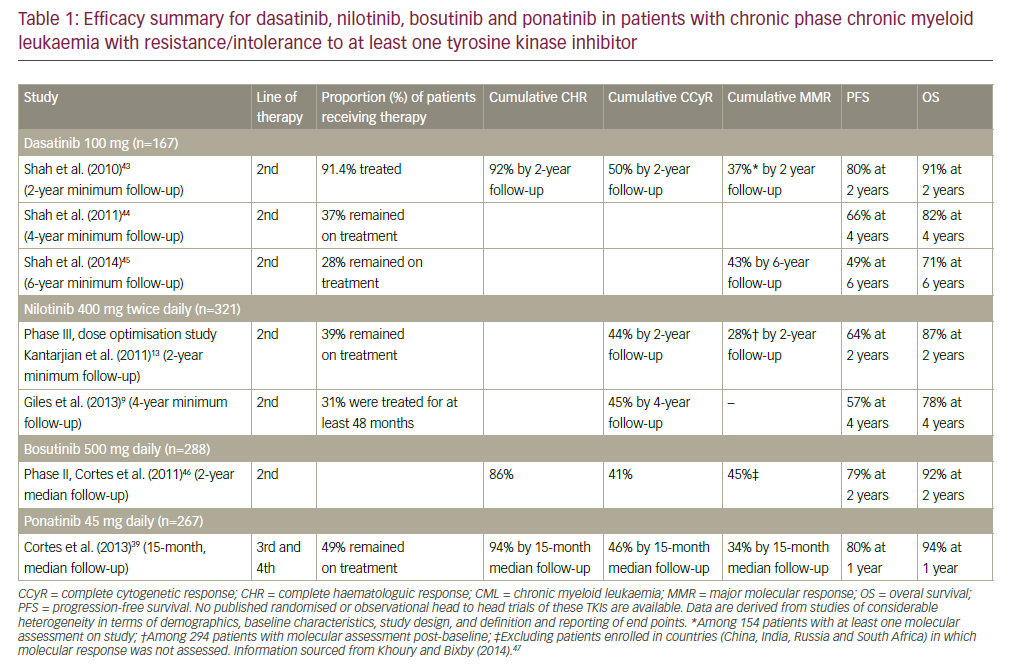Miracle Treatments and Long-term Side Effects
Modern cancer therapies, like all medical interventions, have their share of complications and long-term side-effects; some of these involve the brain. In recent years, with an increasing number of pediatric cancer patients surviving into adolescence and young adulthood, experts have been diagnosing cognitive deficits caused by some of the same therapies that have saved so many. The problem may be becoming less severe as recent treatment protocols have diminished in toxicity. Nonetheless, the rate of cognitive impairment remains high.
As many as 40% of all pediatric ALL patients treated with chemotherapy alone will develop serious learning disabilities within two to three years following treatment. For children who receive cranial radiation, with or without chemotherapy, the percentage is 80–90%.
“The focus up until fairly recently has been on treating the cancers,” explained psychologist Daniel Armstrong, PhD, of the University of Miami, Florida, a noted expert in the cognitive effects of cancer treatments. “Now, we have a real awareness that there is life after cancer.We’re looking at the patient post-treatment, and that often means addressing such issues as serious lifelong cognitive deficits.”
Common late cognitive effects include:
• a marked slowing in thinking (processing) speed;
• attention problems, including daydreaming, ‘spacing out’ and a tendency to distract easily;
• memory difficulties, particularly with tasks that require visual cues, such as remembering numbers and new words;
• fine motor coordination problems;
• difficulty planning and organizing tasks and materials; and
• poor handwriting, reading comprehension, and mathematics skills, particularly in calculations.
Parents soon realize that little things become a major chore for a child with cancer-related cognitive disabilities. Simple homework becomes a six-hour ordeal every night, reading is difficult because of the energy expended to decode the phonetics of a word, making comprehension an afterthought. Handwriting may also be illegible. The emotional costs are also high. Children whose disabilities remain undiagnosed or under-treated sometimes have low self-esteem, which can lead to depression.Those Vulnerable to Cancer and the Reasons for This
Among blood cancer patients, children with ALL and non-Hodgkin lymphoma seem to run a higher risk of developing later cognitive problems than patients who have battled other forms of blood cancers. Treatments that include high-dose methotrexate, given intravenously (IV) or injected directly into the spinal cord (intrathecal), cytarabine or cisplatin-type drugs increase the risk of learning disabilities later on. Children who receive radiation therapies, particularly to the head and neck, and total body irradiation in connection with a bone marrow or peripheral stem cell transplant, are at a high risk of developing educational impairments.
According to the Children’s Oncology Group (COG), a National Cancer Institute (NCI)-supported clinical trials cooperative group devoted exclusively to childhood and adolescent cancer research, additional factors that may place children and teenagers at increased risk for difficulty in school include:
• diagnosis of cancer at a very young age;
• numerous or prolonged school absences;
• a history of learning difficulties before being diagnosed with cancer;
• cancer treatment that results in reduced energy levels;
• cancer treatment that affects hearing and vision; and
• cancer treatment that results in physical disabilities.
Young girls are more vulnerable to lingering cognitive problems than boys, although researchers do not fully understand why. However, scientists have a good understanding of why cancer therapies, while toxic to malignancies, can be so harmful to young brains and central nervous systems (CNSs). Radiation and chemotherapy can damage the tiny blood vessels that carry nutrition and oxygen to the brain, resulting in calcifications.“Blood doesn’t flow and oxygen doesn’t get there, and that could cause slow damage to the brain and its growth and development later on,” Dr Armstrong said.
Chemotherapy and radiation also interfere with the development of the myelin sheaths that protect nerve cells.Thin sheaths retard the brain’s ability to transmit information, slowing processing speed and affecting motor coordination. Finally, both chemotherapy and radiation disrupt the growth of neural network connections, inhibiting the smooth flow of electrical impulses in the brain, particularly around neural blockages and obstacles. Early Intervention and Education— Keys to Success
Detecting learning impairments can be difficult, but early testing and intervention can greatly improve a child’s chances of educational success. All children in high-risk groups should undergo a formal neuropsychological evaluation by a qualified pediatric psychologist at the time of entry into long-term follow-up care. Dr Armstrong recommended that children under the age of seven undergo a screening every 18 months, every 18 to 24 months for children aged seven to 12, and every three years as needed for children aged 12 to mid 20s.
Pediatricians and oncologists can play a role by informing parents during treatment that cancer and its therapies can cause cognitive problems.Armed with this knowledge, parents will not be so shocked if learning problems do emerge, and they have more time to advocate testing and remediation. Groups such as The Leukemia & Lymphoma Society (LLS), the COG and The Candlelighters® Childhood Cancer Foundation all offer suggestions to help healthcare professionals, teachers, and parents deal with the special needs of children returning to school after battling cancer.
Beginning in 2005 and running through to spring 2006, the LLS, with the support of The Lance Armstrong Foundation, is offering a special series of programs and booklets on this topic, offered online and through the LLS’s 64 chapters in the US.
Treatment Solutions
Treating cancer-related cognitive disabilities can include a combination of pharmaceutical, psychological, and educational approaches—the same strategies often used to treat non-cancer-related learning disabilities. On the medical front, recent NCI studies have shown that methylphenidate (Ritalin®) and other medications for attention deficit disorders may be effective in improving processing speed and memory in 60–70% of childhood cancer survivors with cognitive problems. If drug therapy is considered, doctors and parents need to discuss the risks and benefits of such treatments, and initial doses should be given at the cancer clinic so that doctors can monitor side effects. Antidepressants are useful in some cases, but also need to be administered under the close supervision of a physician.
For most children, the number one therapy is school. “School is the workplace, the learning place,” said Dr Armstrong.“Get them there as soon as possible, during and after treatment.” If tests confirm cognitive impairments, parents should contact their school immediately and request a personalized education plan for their child.There are several federal laws that protect children diagnosed with cancer and require schools to accommodate special-needs children.They include the Americans with Disabilities Act, the Rehabilitation Act 1973 (Section 504) and the Individuals with Disabilities Education Act. Once the specific learning disabilities are identified, educational strategies, ranging from the simple to the complex, may include:• seating near the front of the class;
• assignment of a classroom aide;
• oral tests instead of written tests;
• reduced homework demands;
• limited handwriting requirements;
• extra help with mathematics, spelling, reading, and organizational skills;
• modification of test requirements, including minimizing or eliminating time limits and avoiding computerized answer sheets;
• large-print books;
• audio books;
• use of calculators in class and during tests;
• electronic organizers; and
• special computer software to facilitate learning, including voice-recognition programs that can scan printed material.
Optimism for the Future
While cognitive disabilities are generally lifelong conditions, most children with these deficits are capable of learning and can achieve full and happy lives, as long as they receive the proper support at school and in the home.“We are really looking at the future with hope,” Dr Armstrong said. “I know many childhood cancer survivors who have graduated from college and are leading productive lives.That kind of success takes a lot of work, a lot of education and a lot of knowledge on the part of the parent, the pediatric oncologist and the teacher.The key is to get the right services and to get them early.”



